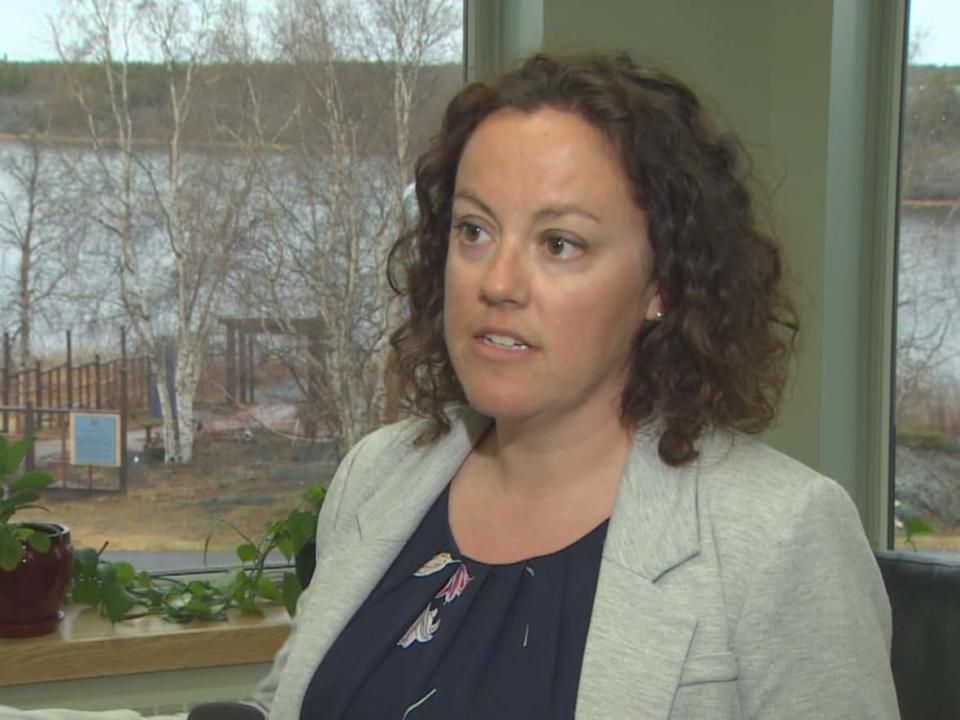Yellowknife's strike is over. What happens now?

City workers in Yellowknife were off the picket line and back on the job Monday morning, with city services and facilities expected to come back online piece by piece over the coming days.
In an email Monday afternoon, the city gave a timeline of how the phased reopening will work.
As of March 21, City Hall, the Yellowknife public library, Ruth Inch Memorial Pool, the Multiplex, Fieldhouse and Visitor Information Centre will be open to the public.
Lessons and special programming, however, will not resume right away, and the pool will operate on reduced hours from 11:30 a.m. to 9 p.m.
The Yellowknife community arena will also open to the public on Tuesday afternoon at 4 p.m.
The solid waste facility continues to be closed though the City said it would release more information on its reopening next week. Garbage pickup will continue this week and next, and compost and organics picks will begin the week of April 3.
After that the regular bi-weekly rotation schedule will continue with garbage pickup the week of April 10, organics the week of April 17 and so on.
The City said that recycling will resume when operational capacity allows.
"It's about five and a half weeks of garbage to manage, so that one will take a bit longer," Alty said.
What the new deal means for staff
The new collective agreement gives workers a wage increase of three per cent, retroactive to 2022, and 2.75 per cent for 2023.
It also brings one-time signing bonuses of up to $1,800, depending on whether staff are full-time, part-time or seasonal.
This year, at least, the city isn't looking at an additional tax increase to cover the extra cost. Alty said the city will need to examine its budget and figure out how to whittle down operational costs to help cover the increased pay for staff.
"Whether that's through vacancies that occurred, or, you know, we've got positions that we're hoping to hire this year [that] we'll have to delay the start, but we'll have to adjust some of our work this year," she said.
What happens next
Workers had been without a collective agreement since the last one expired at the end of 2021.
Though the new agreement covers 2022 and 2023, it will be up for renegotiation again this fall — along with both of the other collective agreements covering various city staff.
Alty said she'd like to see the negotiating strategy change for those negotiations.
There are two types of negotiations, she said: the type that just happened, with offers and counter-offers; and a type where they set out values and principles, and work collectively to come to an agreement.
"If all of our unions are open to considering that way, I think it's more collaborative, it's less confrontational and could have hopefully reduced some of the tensions in [the process]," she said.
Alty said it's hard to predict what will happen this fall, since each negotiation is different, though she assumes there will be another wage increase on the table.
"When we get back together at the table in the fall, we'll have a different mandate going into the next collective agreement and approach those discussions differently," she said.

